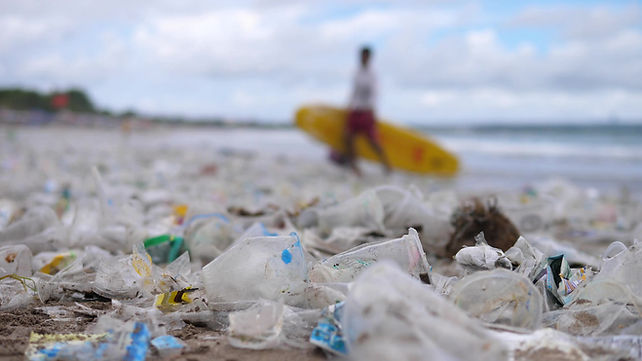
Biological Recycling
Harnessing microorganisms to breakdown plastics one bottle at a time
Our Mission:
Breaking Down Plastics is a non-profit organization that aims to incentivize our global community to take action against plastic pollution, specifically through biological recycling. We are working to conserve the biodiversity in our oceans before it is too late, considering the millions of microplastic particles that currently pose a serious threat to marine organisms.
Our Objectives:
In our efforts to decrease plastic pollution, we…
01
research ways microorganisms can be harnessed to naturally and cost-effectively degrade plastic polymers
02
support politicians in their efforts to pass bills regarding plastic pollution — e.g., Bill S7375, Bill S7463, Bill S6719
03
educate students about the importance of environmental conservation
Ambassadors:
Our incredible team of ambassadors will represent 4 states and 4 countries, all of whom are passionate about conserving the environment and reducing plastic pollution in their local communities. We take our convictions and turn them into action. Think you would be a good fit? Get in touch for more information.

Research
Since the invention of polyethylene terephthalate (PET) in the 1940’s, PET has emerged as the most widely used plastic polymer in the world, with an annual production rate of nearly 50 million tons (Bornscheuer et al., 2016). PET is commonly used to package foods, carbonated beverages, and water. As it takes around 450 years to fully biodegrade, PET’s widespread utilization poses a serious threat to marine biodiversity and human health. Additionally, given that humans consume around 52,000 PET particles each year, researchers have identified the urgent need to develop novel strategies to combat the bioaccumulation of PET (Cox et al., 2019). The current chemical and physical treatments for PET pollution are both expensive and release secondary pollutants into the environment, making them counterproductive. Therefore, researchers have turned to nature to find a cheaper, environmentally friendly solution to PET pollution. By harnessing nature, biological recycling was found to be a promising solution to PET pollution.
Breaking Down Plastics (BDP) focuses on this novel approach to plastic pollution, which involves the secretion of enzymes to depolymerize plastic pollution. In particular, BDP focuses on optimizing Ideonella sakaiensis PETase--a recently discovered enzyme--by improving its degradation efficiency. This work will contribute toward decreasing plastic pollution by allowing for the complete biodegradation of PET.
Policy
We are invested in plastic policy and environmental conservation efforts. By supporting progressive petitions and playing an active role in political campaigns, BDP has spread knowledge about biological recycling. Below you will find information about various bills BDP supports.
NY Senator John C. Liu: Sponsors Bill S7375
"Provides that it is deceptive to misrepresent that a product or package is recyclable unless it can be collected, separated or otherwise recovered from the waste stream through an established recycling program for reuse or use in manufacturing or assembling another item; requires the department of environmental conservation to develop regulations on types and forms of plastic products and packaging for which a claim of recyclability may be made; requires all rigid plastic containers sold in this state be labeled with a code that indicates the resin used to produce such container; makes related provisions."
NY Senator Elijah Reinchlin-Melnick: Sponsors Bill S7463
"Requires the office of parks, recreation and historic preservation to prohibit the sale of single use plastic water bottles in state parks managed by such office.
